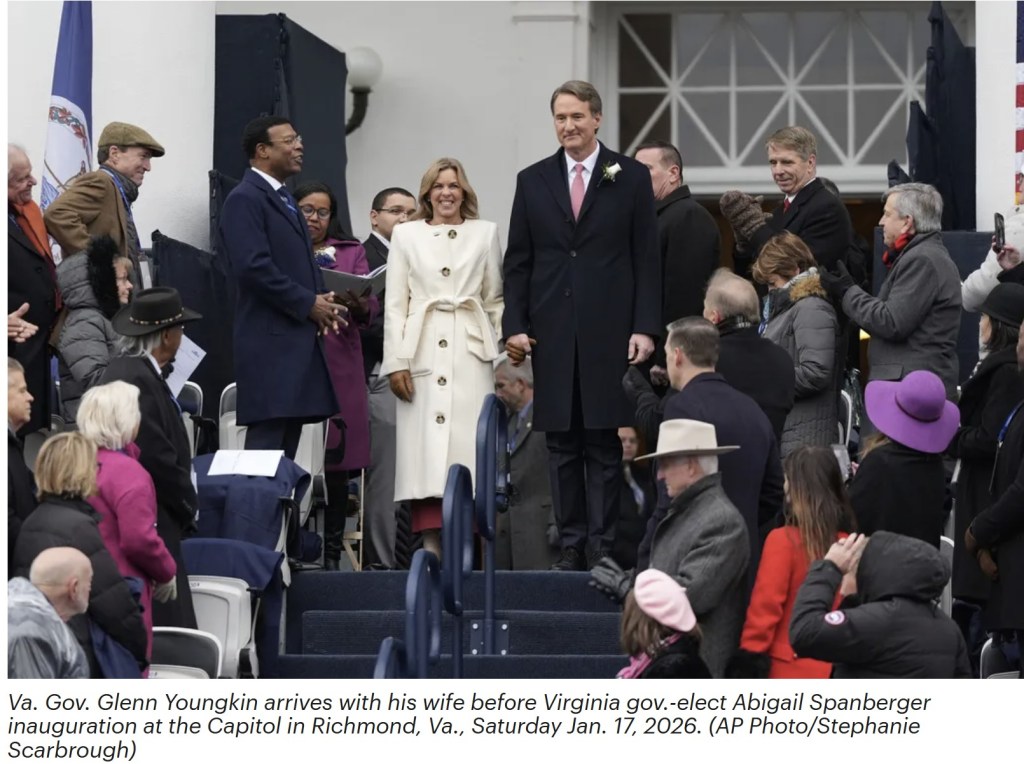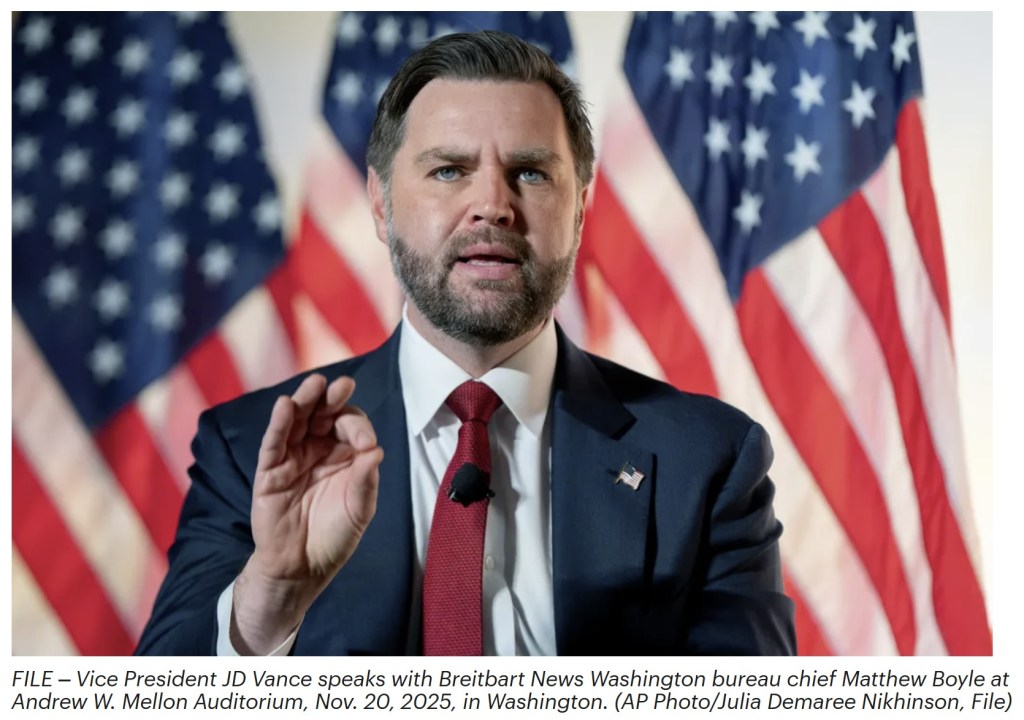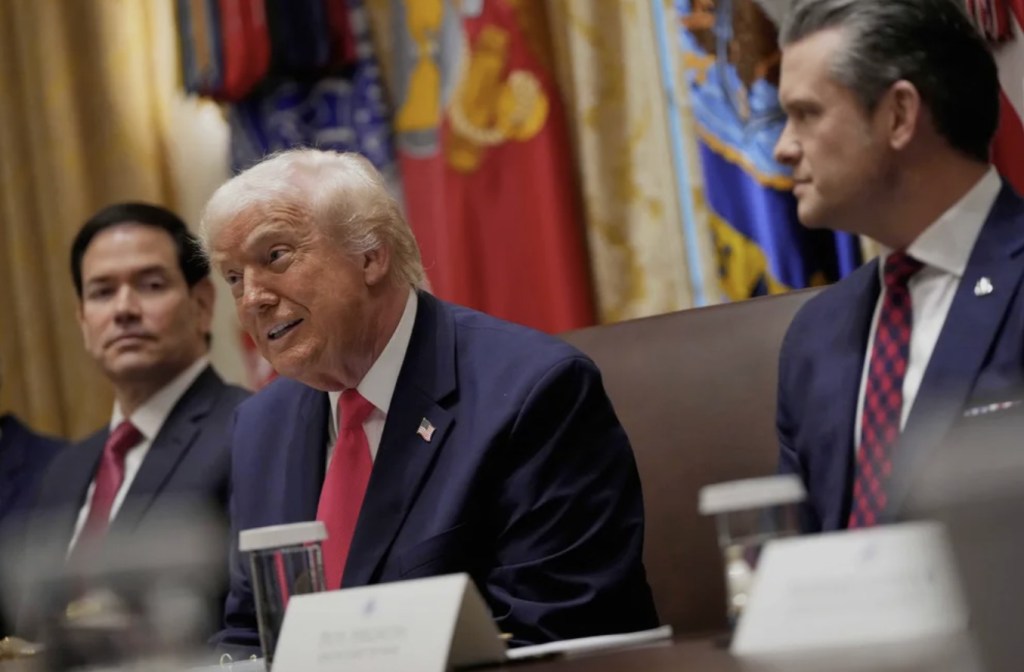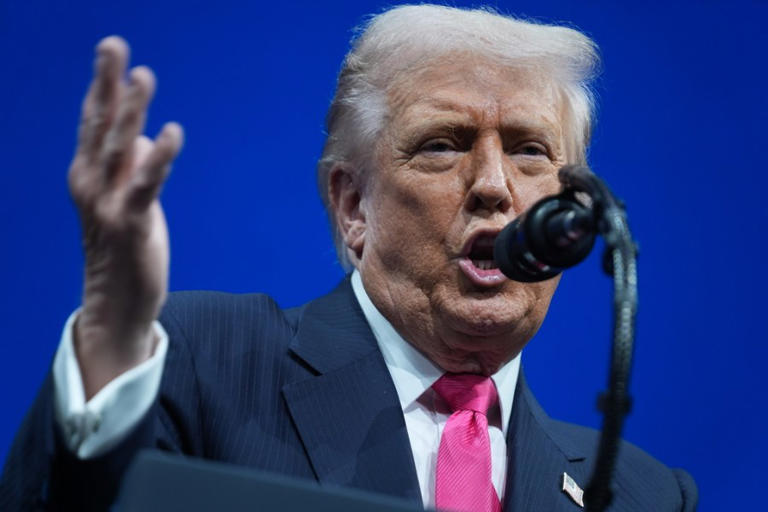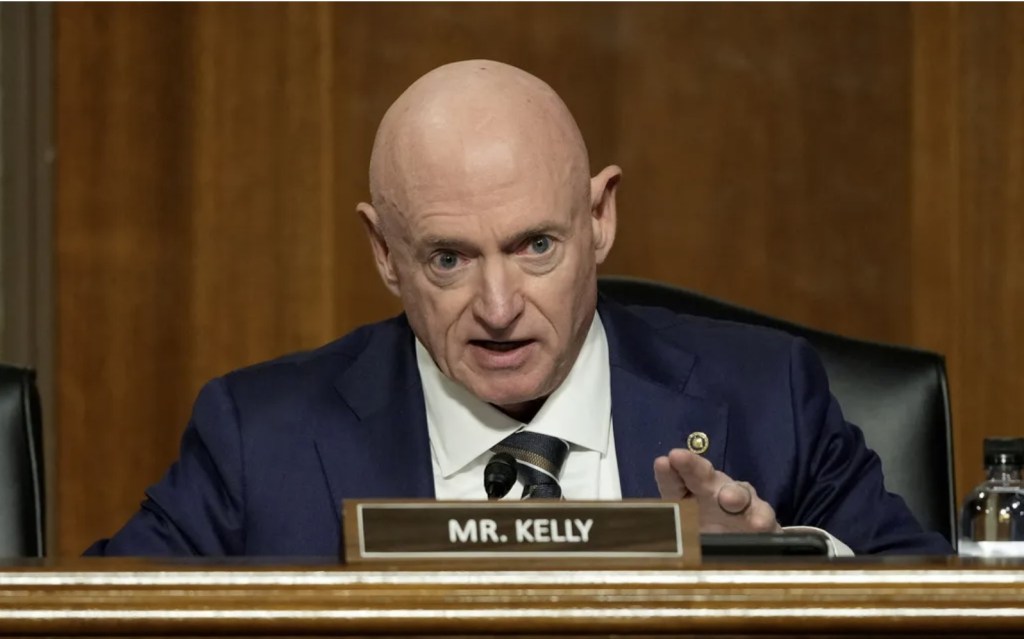By Myra Adams – The Hill contributor
MYRA’S COMPLETE ARCHIVE IS HERE
Reposted from The Hill – Feb. 20, 2026
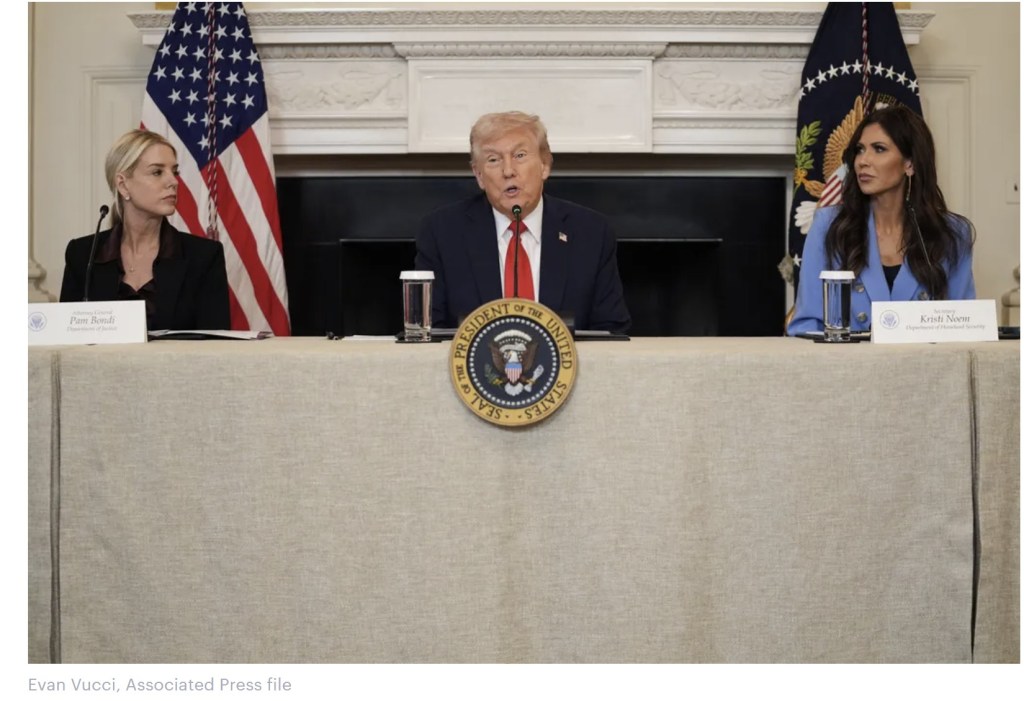
When the Trump administration was two weeks shy of its first chaotic 100 days, my “worst-fears” antenna zeroed in on four powerful women I called “MAGA Mean Girls,” the president’s “loyal foot soldiers in designer heels.” Unfortunately, what I cautioned about ten months ago has just kept getting worse.
Now, these four ladies are inflicting long-term, generational damage, mirroring their boss’s worst personality traits, defending indefensible actions and twisting reality to please him and maintain their powerful positions.
Two of the four are Senate-confirmed Cabinet officials — Attorney General Pam Bondi, age 60, and Homeland Security Secretary Kristi Noem, age 54. Given their high-profile jobs, they are role models, so their unorthodox conduct is especially consequential and despicable.
The third Mean Girl, White House Press Secretary Karoline Leavitt, has an uncanny ability to rationalize President Trump’s actions and policies while belittling the media. And rounding out the squad is Laura Loomer, age 32. Taxes do not pay her salary, but she is a one-woman MAGA loyalty police force, wielding a head-chopping axe.
With 1,065 days remaining in Trump’s term, these four are assisting his expansion of federal power with little regard for norms or constitutional restraints.
During his first term, Trump complained bitterly of the traditional modicum of independence shown by his first attorney general, Jeff Sessions. “I don’t have an attorney general,” he said. But he sure does now.
Bondi presides over a Justice Department operating as “Trump, Bondi and Associates,” having torn down the wall of independence traditionally separating the Justice Department from the White House since the Watergate scandal. The separation was intended to prevent the very sort of obeisance to the president and targeting of his enemies in which Bondi’s Justice Department is currently engaged.
Trump’s cozy relationship with his attorney general was publicly corroborated in October when the president accidentally sent Bondi what was meant to be a personal message urging her to prosecute his political enemies. Of course, she did, but a court’s ruling undermined her actions.
Historically, Bondi’s tenure at the Department of Justice will be linked to her botched handling and alleged cover-up of the Jeffrey Epstein files. Her recent turbulent congressional testimony is already enshrined as a low bar in Justice Department history, and the story continues.
Additionally, she is overseeing the prosecution of Sen. Mark Kelly (D-Ariz.) when in a video he recited long-established military law. So far, the department has lost in court, and Kelly is teasing a presidential run.
Bondi is also entwined in the FBI’s questionable seizure of voter ballots in Fulton County, Ga., to placate her boss’s insistence that he had won the state in the 2020 presidential election.
Stay tuned. The midterms are coming, and Bondi knows that if Republicans lose control of either congressional chamber, there will be hell to pay.
Meanwhile, are Bondi and Secretary Noem competing to generate the most controversial headlines and cringeworthy videos for their presidential audience of one? In a normal administration, they would be fired. But Trump keeps them for two reasons — they are doing his bidding, and firing them would be surrendering to the media and his political enemies.
Noem leads a department spending $38.3 billion building detention centers to process and detain immigrants, so watch for that Democratic campaign ad in the midterm elections. Speaking of which, since large-scale detention centers are associated with authoritarian regimes, Noem’s recent remarks have perpetuated that comparison. While discussing DHS’s midterm preparations, she said, “when it gets to Election Day … we’ve been proactive to make sure that we have the right people voting, electing the right leaders.”
Noem’s department has a serious mission to protect the homeland, but it is careening out of control. After Renee Good was killed in Minneapolis, Noem defamed her memory while wearing an oversized cowboy hat, one of many working costumes that reinforce her “ICE Barbie” nickname.
Noem may never live down her infamous video from El Salvador’s notorious CECOT prison, where she posed before prisoners in a skin-tight top, form-fitting jeans, dazzling hair and a $50,000 Rolex.
The youthful Leavitt’s Mean Girl attitude is intended to intimidate anyone who dares contradict her version of the truth. Most concerning is the institutional damage she has inflicted upon the White House press corps, elevating right-leaning news media while denigrating traditional media outlets. But what goes around will come around when Democrats eventually win the White House and control the press room. Her title should be White House director of propaganda rather than press secretary.
Laura Loomer’s job, so to speak, is to unearth disloyalty and report to Trump, her good friend. Those she targets are MAGA-marginalized or fired without recourse, regardless of rank or service to the nation. With her “protect Trump at all costs” attitude, Loomer is a powerful force who regularly makes headlines. No one wants to be “loomered.”
I speculate that someday at least two of these women will write tell-all books and ask, “What was I thinking? How did I become a national joke? Why did I act so mean and heartless?”
But that reckoning must wait. Team Trump is gearing up for the midterms, and its Mean Girls will be on a rampage.
Tags Jeff Sessions Jeffrey Epstein Karoline Leavitt Karoline Leavitt Kristi Noem Kristi Noem laura loomer Laura Loomer Mark Kelly Pam Bondi Pam Bondi President Trump


